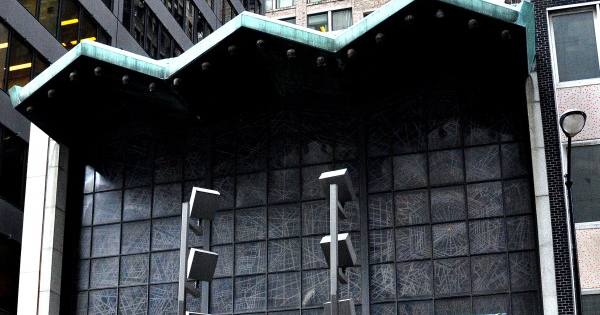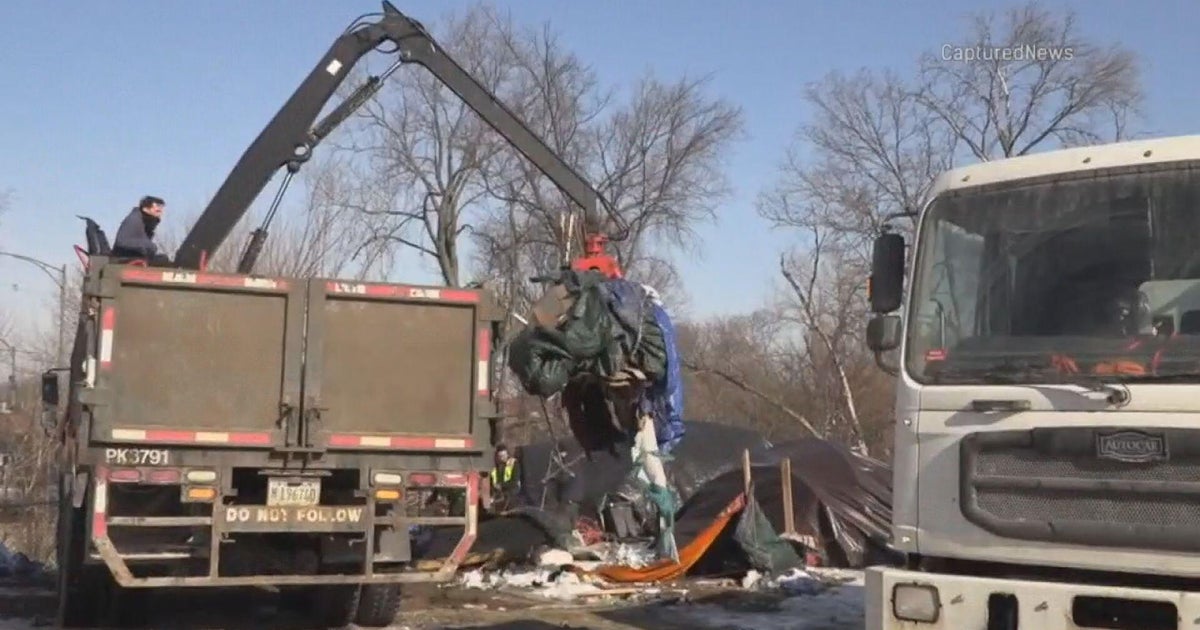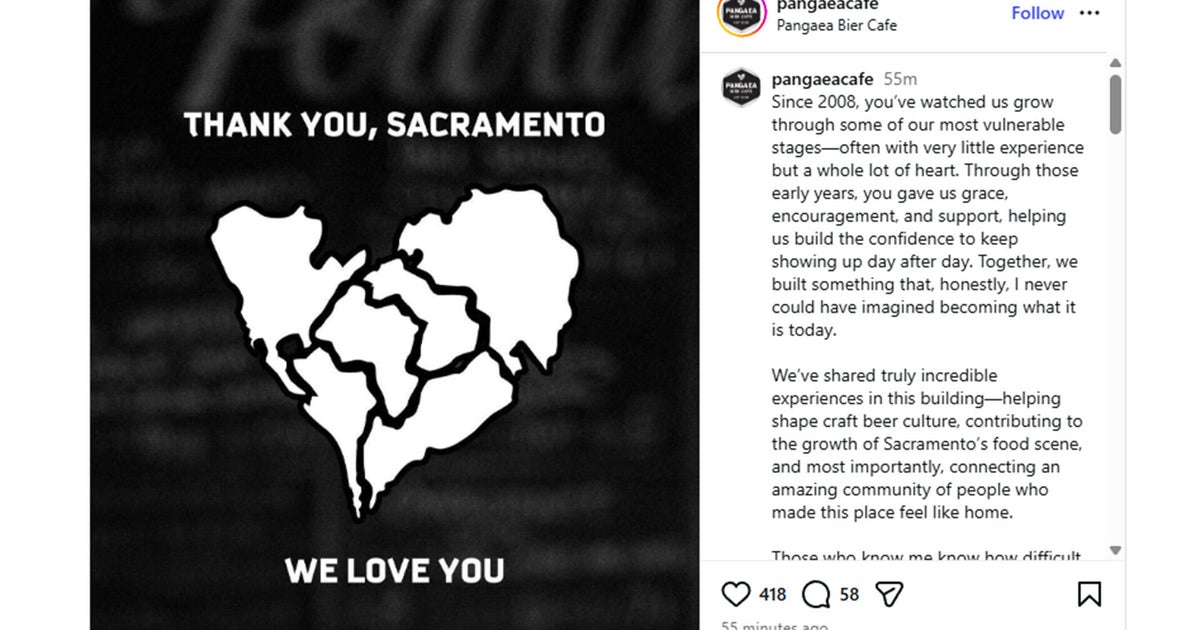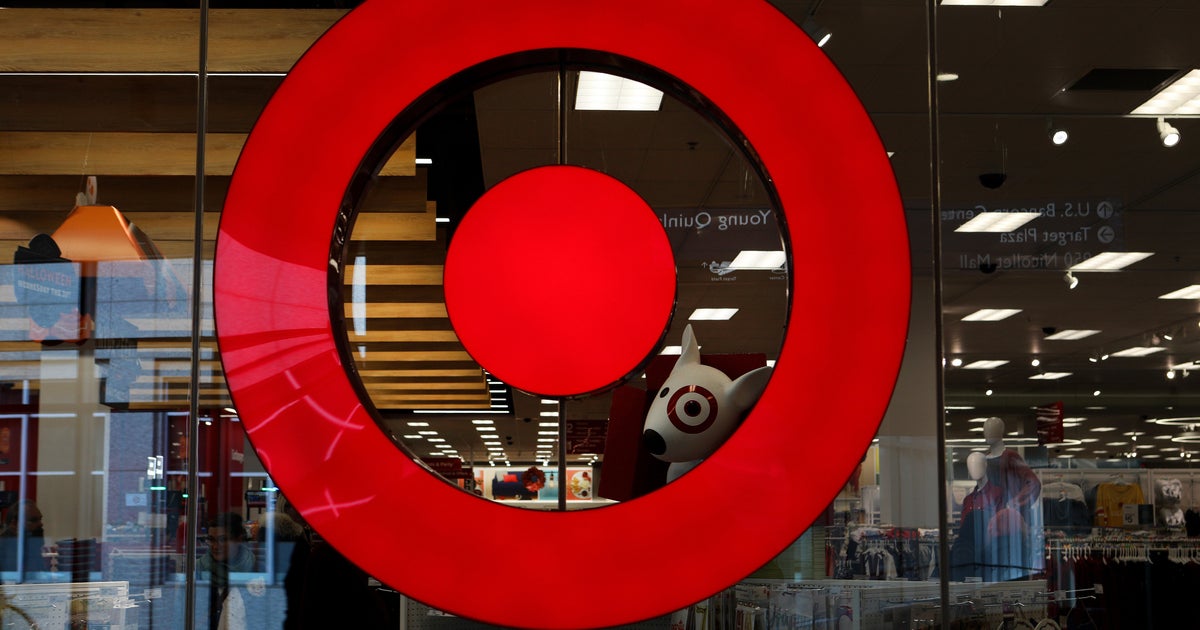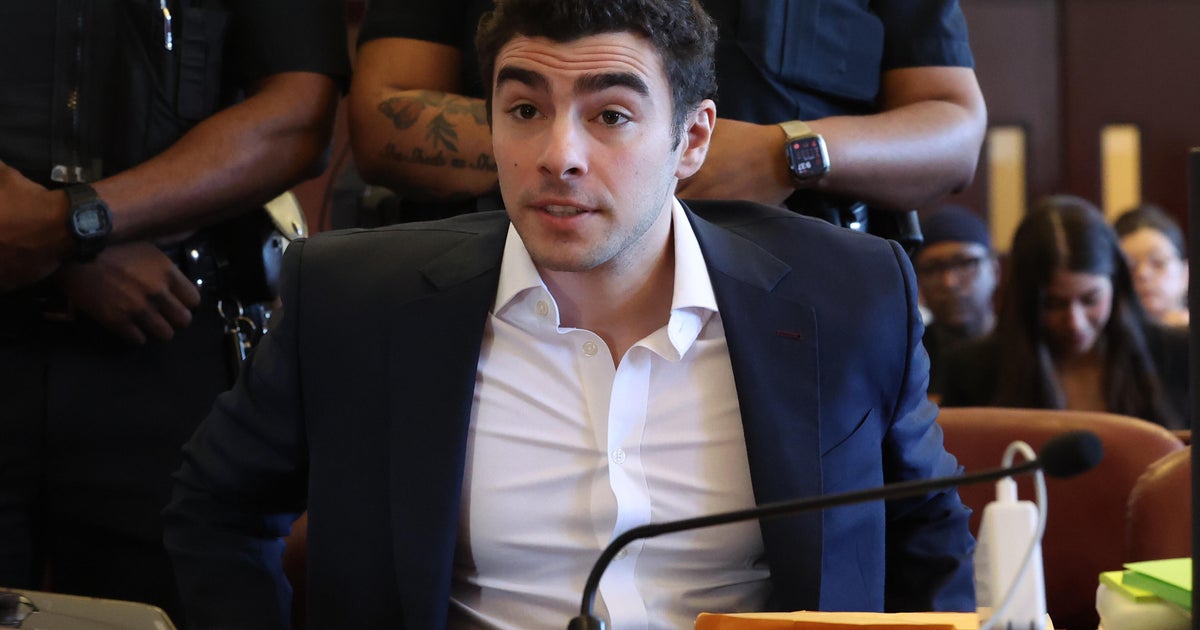Walgreens' plan to close 1,200 stores in 3 years prompts fears of growing "pharmacy deserts"
CHICAGO (CBS) -- Walgreens has announced it will be closing 1,200 stores across the country over the next three years, renewing concerns about "pharmacy deserts" – areas where people don't have easy access to drug stores.
Experts explained what Walgreens' store closures could mean for access to prescription drugs in the Chicago area.
Another $3 billion in losses this quarter led to the announcement from Walgreens' CEO Tim Wentworth.
"We have over 8,000 stores, of which the majority – approximately 6,000 – are profitable," he said.
Walgreens plans to close 1,200 stores over the next three years, prioritizing poor-performing stores, although the Deerfield-based company didn't say which ones. Wentworth said Walgreens plans to "redeploy" the majority of affected workers to other stores.
Meanwhile, competitor CVS is on track to close 900 stores by the end of the year, following the chain's November 2021 announcement that it was also scaling back its retail footprint.
"The reason why, it seems to be, you know, financial models which aren't really working," said Lucas Berenbrok, associate professor at the University of Pittsburgh School of Pharmacy.
Berenbrok said falling prescription reimbursement levels are a big part of the problem, but his research focuses on how communities are impacted by pharmacy closings.
"The public is having, like, one less entry point, or one less easily accessible place they can get healthcare," he said.
According to his team's data, more than 7,000 pharmacies have closed nationwide since 2019.
Several studies over the last decade have also found that residents of predominantly minority communities have fewer pharmacies per capita than those who live in mostly white neighborhoods.
Data from 2022 show the pharmacy-to-resident ratio in the 60602 zip code in the Loop is about three times the average for the state, but many zip codes on the South Side and West Side of the city are well below the state average.
"When pharmacies close, especially in geographic areas that have, like, a high social vulnerability, or that they're largely made up of minoritized or marginalized populations, that they're losing another access point," Berenbrok said.
Berenbrok said the solution is for independently owned pharmacies or the large retailers to diversify the way that they receive reimbursement for services.

